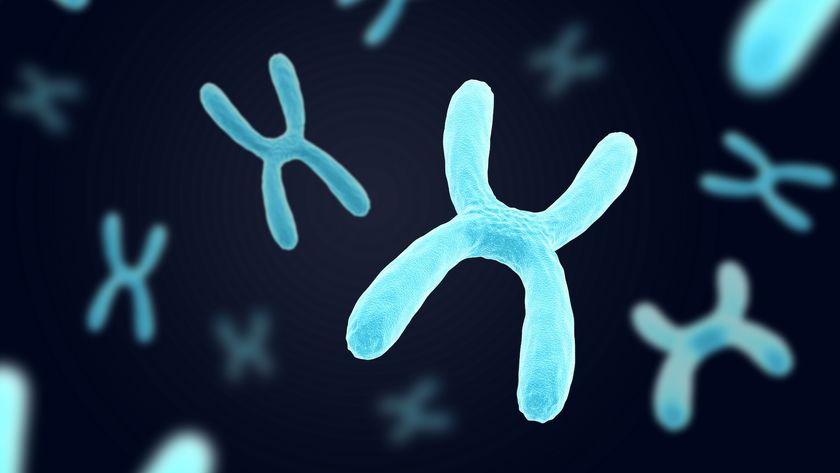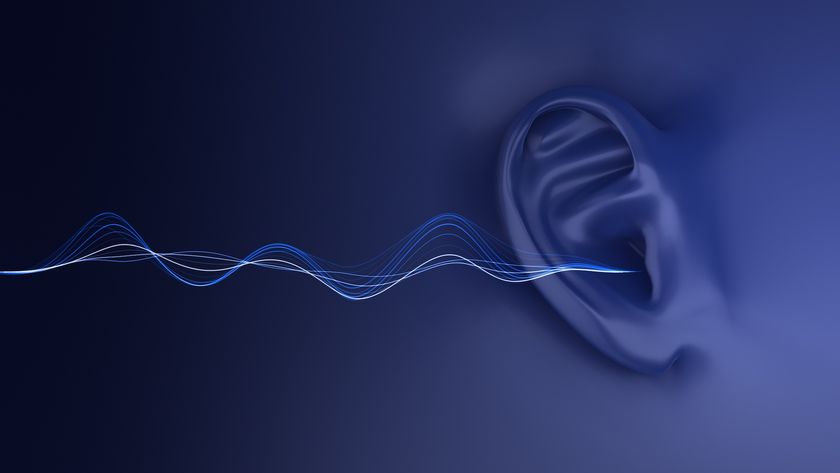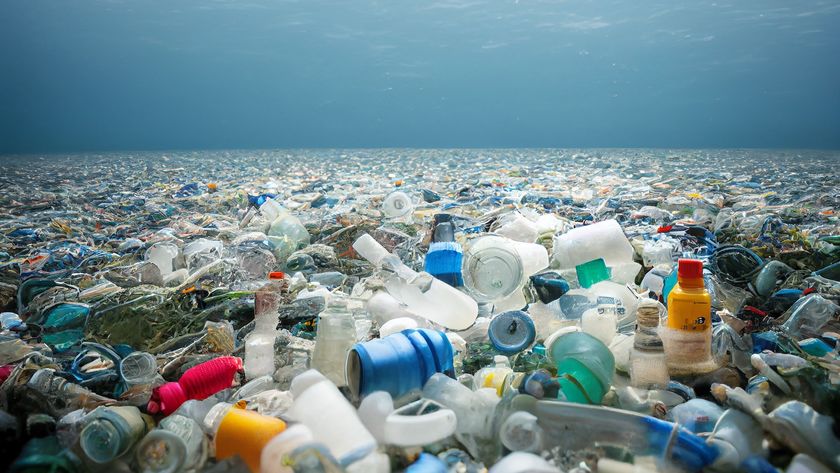Here's the Best Way to Apologize, According to Science

We've all been there — after you've given what seems to you like a heartfelt apology, the other person just doesn't buy it. Well, science is here to help: An effective apology has six key elements, according to a new study.
Researchers found that six things increase the effectiveness of an apology: an expression of regret, an explanation of what went wrong, an acknowledgement of responsibility, a declaration of repentance, an offer of repair and a request for forgiveness.
"Apologies really do work, but you should make sure you hit as many of the six key elements as possible," Roy Lewicki, the lead author of the study and a professor emeritus of management and human resources at The Ohio State University, said in a statement.
That said — in case you don’t have time to work in all six — the researchers also found that several of the elements carried more weight than others, according to the study, published Tuesday (April 12) in the journal Negotiation and Conflict Management Research. [7 Ways Friendships Are Great for Your Health]
"Our findings show that the most important component [of an apology] is an acknowledgement of responsibility," Lewicki said. "Say it is your fault, that you made a mistake," he said.
The second most effective element is the offer to repair the wrong that was done, according to the study. This assures the person you are apologizing to that "you're committing to take action to undo the damage," Lewicki said.
The least important aspect, on the other hand, was the request for forgiveness, the researchers found.
Sign up for the Live Science daily newsletter now
Get the world’s most fascinating discoveries delivered straight to your inbox.
In the study, the researchers conducted two separate experiments with a total of 755 people.
In the first experiment, 333 adults read an apology that contained either one, three or all six of the apology elements, and rated how effective, credible and adequate they considered the apology to be. They were informed beforehand how many apology elements were included in the apology they were reading, according to the study.
In the second experiment, 422 college students were asked to read an apology that included anywhere from one to all six of the apology elements, and then they were asked to rate the apology. In this experiment, however, the participants weren't told how many elements would be included in the apology.
In both experiments, the researchers found that the more elements the apology contained, the more effective it was rated. [10 Things That Make Humans Special]
One caveat that the researchers noted, however, is that in the study, the participants were merely reading apologies, not hearing them in person.
"Clearly, things like eye contact and appropriate expression of sincerity are important when you give a face-to-face apology," Lewicki said.
Follow Sara G. Miller on Twitter @SaraGMiller. Follow Live Science @livescience, Facebook & Google+. Originally published on Live Science.












